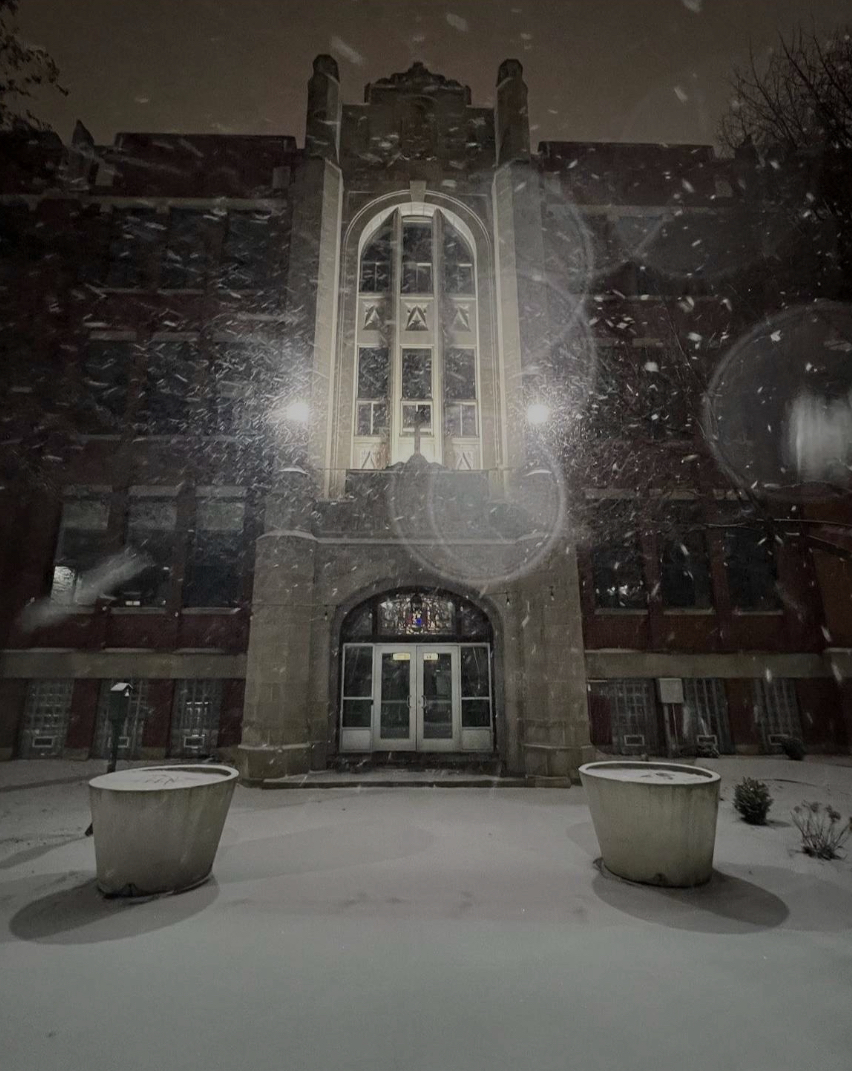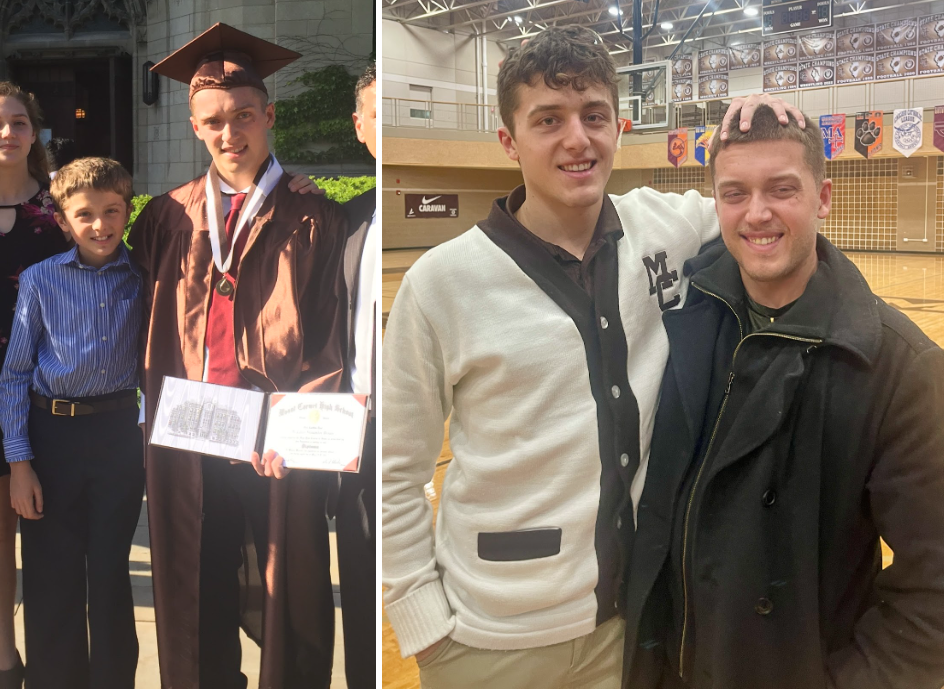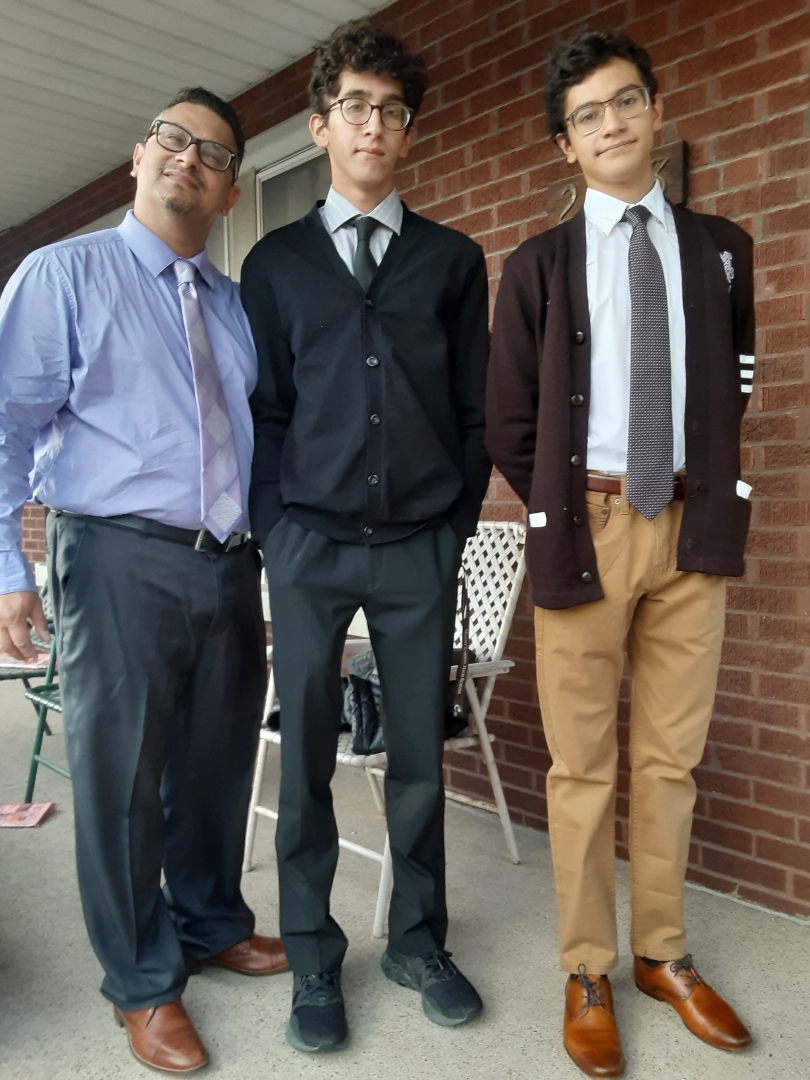The holidays are a time for relaxation and family gatherings, but returning to school after Christmas Break can be a challenge for many students. For me, transitioning from relaxing mornings and family gatherings to early alarms and rigid school schedules feels like a major adjustment, and I am sure my classmates can agree. This transition is very significant because it impacts students’ energy, focus, and productivity. With shortened daylight, disrupted sleep schedules, and the pressure to get back into that school mentality, I find the post holiday adjustment to be rough.
The hardest part of returning to school is often fixing my sleep schedule.
“The hardest part about transitioning back to school after Christmas break is adjusting to the sleep schedule,” says junior Connor Elenteny. “I’m going to sleep too late and wake up too late.”
Fellow junior Tommy O’Connor can relate to Elenteny’s sleep schedule challenges.
“Having to get back into my normal sleep schedule and after-school work is the hardest part,” O’Connor says. “Sleep is essential for focus and energy throughout the day, yet it is one of the most disrupted routines during the holidays.”
To ease back into this transition, I’ve found that slowly shifting back into my school habits before the break ends helps.
“Start treating two days before break like school days,” says Elenteny. “Waking up early just to kind of get into the swing of it before school [should help].” While this requires discipline, it is a small step that can make a big difference in the first week of returning to school.
For me, the shorter daylight hours during winter make it harder to focus, especially when it gets dark so early.
The darkness can affect both mood and energy levels, making it harder to stay energized throughout the long school days.
“The shorter daylight makes me feel more tired and less focused because it’s like telling my body that it’s nighttime, even though it can only be 5:00,” Elenteny says.
Going from heading to bed at 12:00 P.M. or later every night to going to bed at 10:30 or earlier can be one of the greatest struggles.
“It definitely makes me more tired and sometimes down, but the only thing you can really do is think about the fact that the days are getting longer every day,” shares senior Bruno Kolom.
Although winter fatigue is unavoidable, little motivations bring comfort. For Kolom, thinking about the future breaks helps keep his hopes high.
“Acknowledging that there is another break in the future and thinking about how fun it will be keeps me going,” he says.
Even though winter feels like it drags on, I also find myself encouraged by the thought of longer, sunnier days ahead.
Another key factor in the transition back to school is how teachers handle the workloads. While getting right back into the swing of things at school may be very overwhelming, many students appreciate when the teachers ease back into the assignments.
“I don’t think the work is overwhelming,” says Elenteny. “I think the teachers kind of ease back into the break because they’re coming off a break too, so they understand us.” This year, the teachers did a great job of easing back into the schoolwork.
Similarly, O’Connor agreed, “Some teachers are definitely better than others at easing their way back into the classwork after break, but overall, I think it’s pretty good.”
While the workload varies from teacher to teacher, a slow return to assignments benefits everyone. Students feel less stressed, and they can rebuild their levels of energy and focus in the classroom over time.
“For the most part, the first week has been pretty relaxed,” says Kolom.
Teachers who take this angle gives a better atmosphere that encourages students to get back on track without feeling too overwhelmed.
The post holiday transition is tough, but with preparation, motivation, and support, it is very manageable.
As O’Connor recommends, “Take it little by little, and get back into the feeling you had before break.”
These small steps can help students regain their routine and succeed in the new year. Whether it is adjusting to sleep schedules, finding motivation in future breaks, or relying on teachers’ understanding, getting back into routine does not have to feel impossible.
By using and remembering these strategies, students can start the new year strong, even when the first few days feel harder than usual. After all, every challenge teaches a lesson, and each lesson makes the next time a bit easier.







